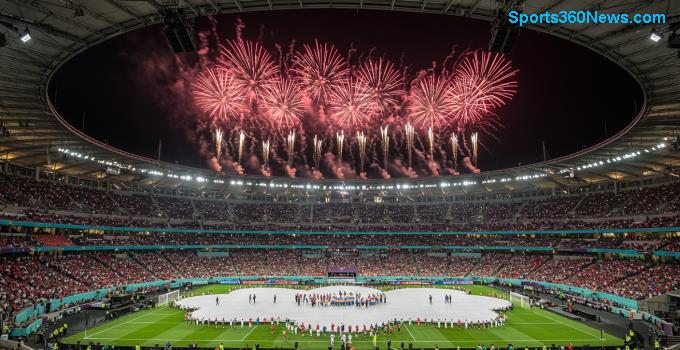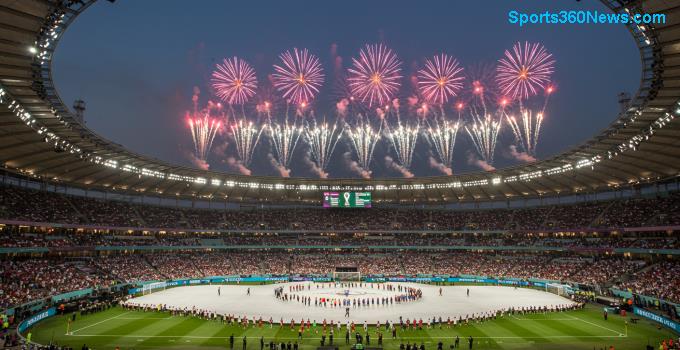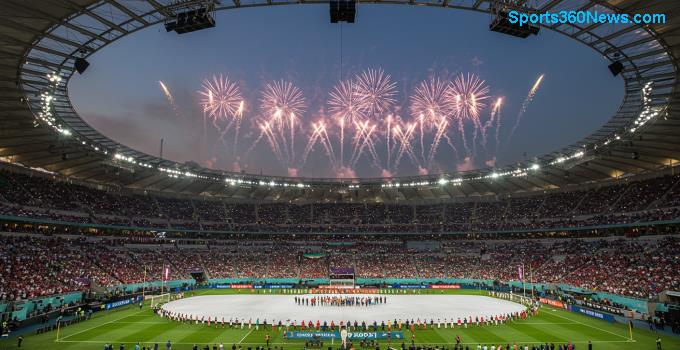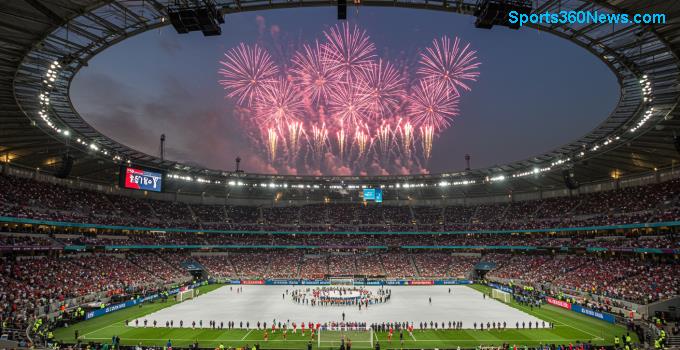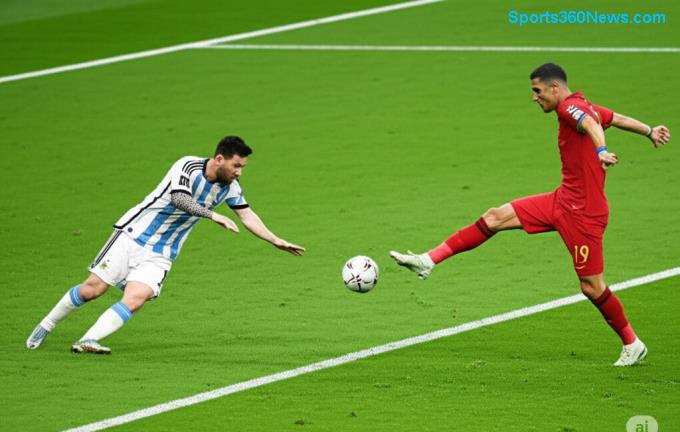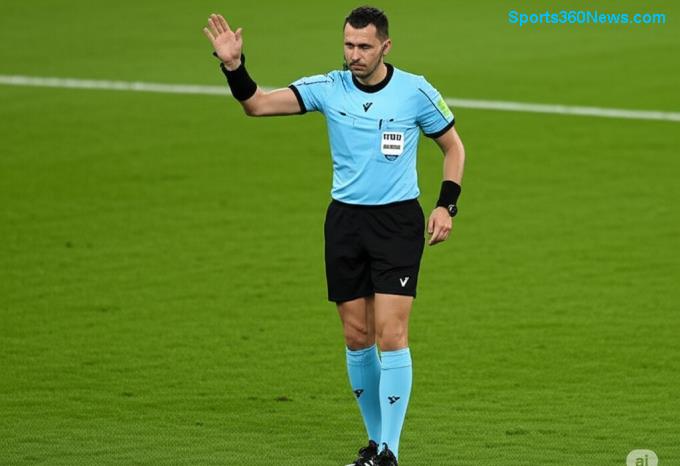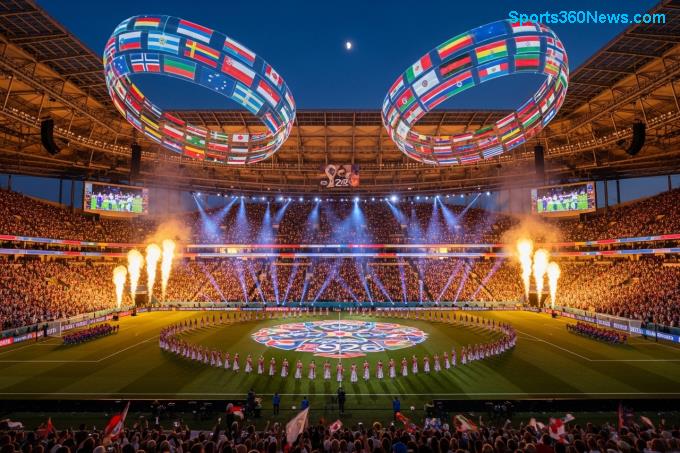The FIFA World Cup, a tournament synonymous with passion, glory, and unforgettable moments, has captivated billions for nearly a century. As we look ahead to the monumental changes arriving with the 2026 World Cup, it's the perfect time to reflect on the incredible journey and the pivotal milestones that have shaped this global phenomenon. From its humble origins to becoming the pinnacle of international football, the World Cup history is a tapestry woven with drama, triumph, and the indelible marks left by legends. Join us as we revisit the most significant chapters that lead us to the biggest World Cup yet. ⚽
The Genesis: Birth of a Global Dream (1930-1950)
The idea of a global football tournament had simmered for years, but it wasn't until 1930 that the vision became a reality. Uruguay, celebrating its centenary of independence and fresh off an Olympic gold medal in football, hosted the inaugural FIFA World Cup. Despite challenges in travel and participation, 13 nations competed, with the hosts emerging as the first champions, defeating Argentina in a thrilling final. This landmark event set the stage for what would become the planet’s most watched sporting spectacle. Italy, under Vittorio Pozzo, quickly established its dominance, securing back-to-back titles in 1934 and 1938, showcasing early European football prowess before World War II halted the tournament for 12 years.
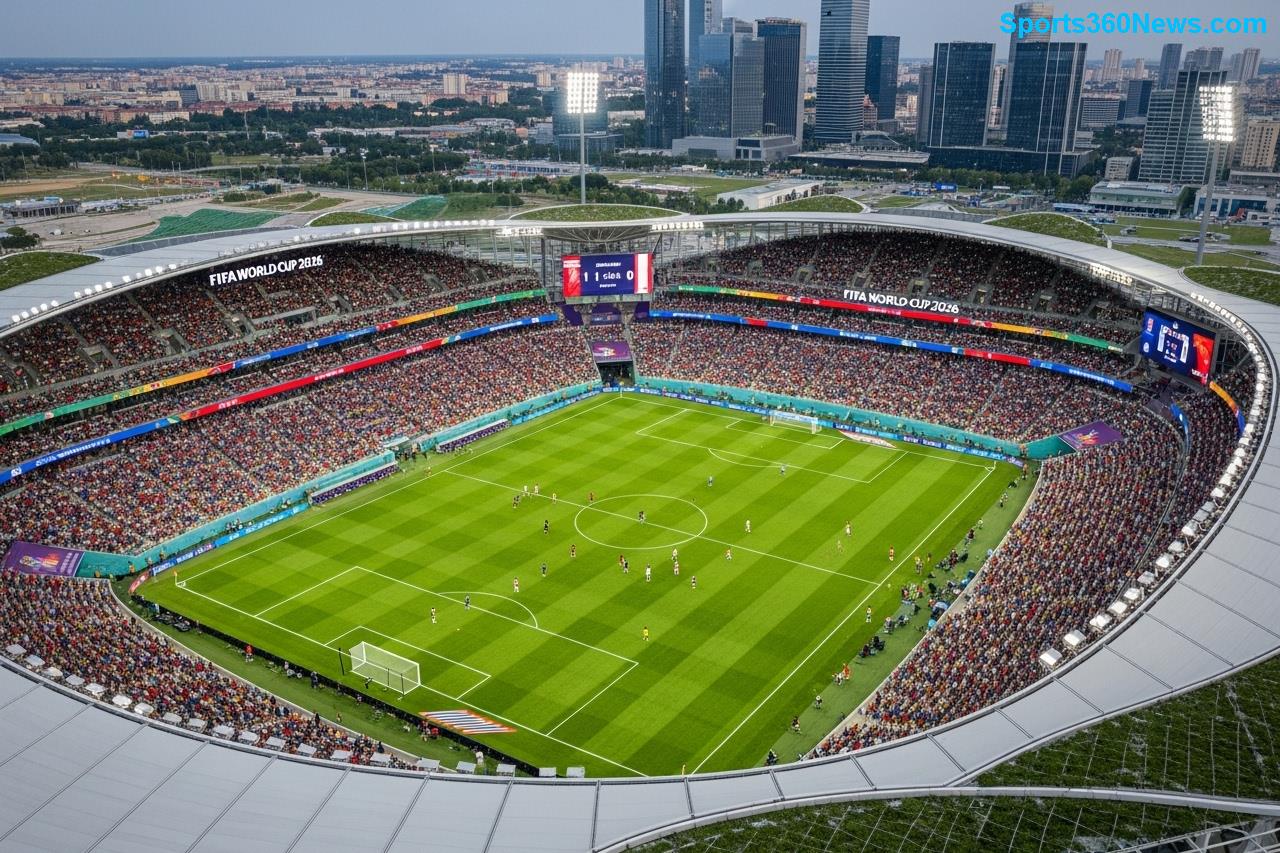
The Golden Era: Brazilian Brilliance and Iconic Superstars (1954-1970)
The post-war era saw the World Cup return with renewed vigor. The 1950 tournament in Brazil witnessed one of the biggest upsets in World Cup history – the 'Maracanazo' – where Uruguay stunned the host nation in front of nearly 200,000 fans. However, the period truly belonged to Brazil. In 1958, a teenage sensation named Pelé burst onto the scene, leading Brazil to their first title in Sweden. This marked the beginning of an unprecedented era of dominance, with Brazil securing three titles in four tournaments (1958, 1962, 1970). Pelé's brilliance, alongside other footballing titans, cemented Brazil's legacy and elevated the tournament's global appeal. The 1970 tournament in Mexico, the first to be broadcast in color, is often hailed as featuring one of the greatest teams of all time.
Legends and Evolution: Tactical Revolutions and Unforgettable Moments (1974-1998)
The mid-70s to late-90s saw the World Cup evolve, both tactically and in its global reach. The "Total Football" of the Netherlands, led by Johan Cruyff in 1974, redefined the game, even though they fell short in the final to West Germany. Argentina, under the mesmerizing individual brilliance of Diego Maradona, clinched their second title in 1986, with Maradona's "Hand of God" and "Goal of the Century" becoming legendary moments. The tournament continued to expand its footprint, reaching new continents and fostering new rivalries. The 1994 World Cup in the USA showcased football's growing popularity in non-traditional markets, while France's triumph on home soil in 1998, led by Zinedine Zidane, marked a new era for European powerhouses.
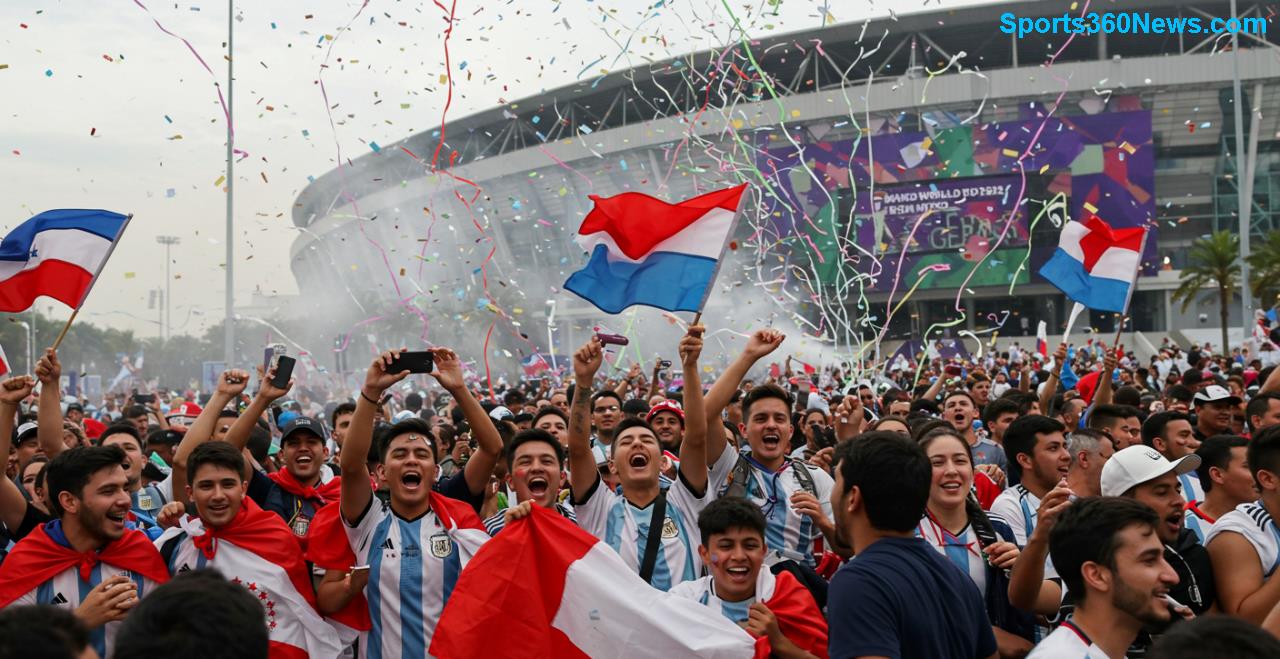
A New Millennium: Global Reach and Modern Rivalries (2002-2022)
The 21st century brought continued innovation and thrilling contests. The 2002 tournament, co-hosted by Japan and South Korea, was the first held in Asia, signifying FIFA's commitment to global expansion. Brazil, with Ronaldo leading the line, claimed their record fifth title. Europe then asserted its dominance, with Italy (2006), Spain (2010), and Germany (2014) each lifting the trophy, showcasing diverse tactical approaches. Spain's "tiki-taka" style, in particular, left a significant mark. The introduction of technologies like Goal-Line Technology and VAR (Video Assistant Referee) in subsequent tournaments marked FIFA's push for fairness and accuracy. The 2022 World Cup in Qatar, a groundbreaking winter tournament, saw Lionel Messi finally achieve his lifelong dream, leading Argentina to a dramatic victory and cementing his place among the all-time greats.
Road to 2026: A New Era Dawns
The 2026 FIFA World Cup is set to usher in the most significant transformation in the tournament's history. For the first time, three nations – the USA, Canada, and Mexico – will co-host the event. More importantly, the tournament will expand from 32 to 48 teams. This expansion aims to provide more opportunities for nations worldwide to compete on the grandest stage, potentially unearthing new footballing talents and creating more diverse storylines. While the format changes and increased number of matches pose new logistical challenges, they also promise an even more inclusive and globally representative celebration of football. The 2026 World Cup truly marks a pivotal new chapter, building on nearly a century of remarkable World Cup milestones.
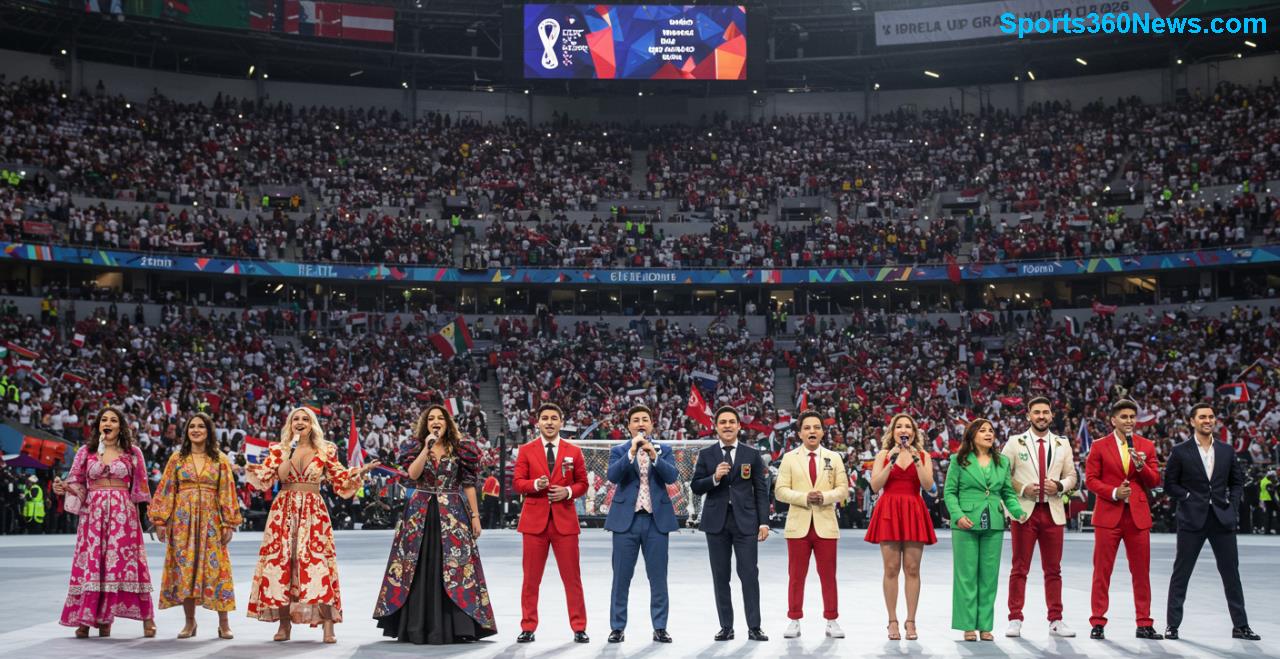
Conclusion: The Enduring Legacy
From the first whistle in Montevideo in 1930 to the thrilling finale in Lusail in 2022, the FIFA World Cup has consistently delivered unparalleled drama, showcasing the beautiful game at its absolute best. Each tournament has added a unique layer to its rich tapestry, from the rise of footballing giants like Brazil and Germany to the individual brilliance of legends such as Pelé, Maradona, and Messi. As we eagerly anticipate the expanded 2026 World Cup across North America, the foundation laid by these countless important milestones ensures that the spirit of competition, camaraderie, and global celebration will continue to thrive. The World Cup is more than just a tournament; it's a living history, constantly evolving, and always captivating. What new chapters will be written next? Only time will tell! 🏆

